Definition Of Food Security
Food security refers to the availability, accessibility, and affordability of sufficient, safe, and nutritious food to meet the dietary needs of individuals and populations. It is an essential component of human well-being and sustainable development. In this article, we will explore the issue of food security in Pakistan, its causes, and its effects on the population.
Food Production and Availability 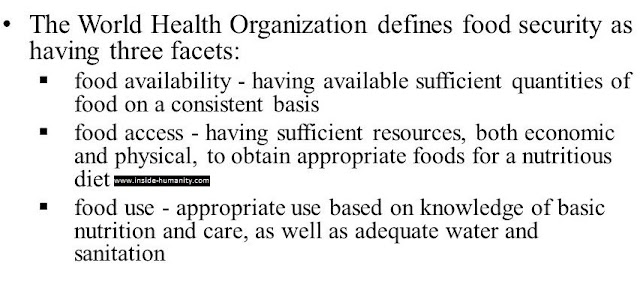
Pakistan is an agrarian country with agriculture contributing to over 20% of the country's Gross Domestic Product (GDP) and providing employment to over 40% of the population. Despite its significant contribution to the economy, agriculture in Pakistan faces numerous challenges, including limited access to credit, water scarcity, and low productivity. As a result, the country struggles to produce enough food to meet its population's needs, leading to food shortages and higher prices.
Despite being an agricultural country, a significant portion of the population in Pakistan lacks access to sufficient food. Poverty is the main cause of food insecurity, with over 20% of the population living below the poverty line. This means that they cannot afford to purchase adequate amounts of food to meet their dietary needs, leading to malnutrition and hunger.
Food Safety and Nutritional Quality
Food safety and nutritional quality are critical components of food security. In Pakistan, the lack of food safety regulations, poor storage facilities, and limited access to safe water and sanitation contribute to food contamination and the spread of foodborne illnesses. Additionally, the majority of the food consumed in the country lacks the essential nutrients required for a balanced diet, leading to widespread malnutrition, particularly among children.
Food insecurity has far-reaching effects on the population in Pakistan. Malnutrition and hunger lead to reduced physical and cognitive development, lower educational attainment, and reduced productivity. Additionally, food insecurity exacerbates poverty, creating a vicious cycle that is difficult to break.
The government of Pakistan has made efforts to address food insecurity through various initiatives, including increasing agricultural productivity, improving access to credit for farmers, and implementing safety and quality control measures for food. Despite these efforts, food insecurity remains a significant issue in the country.
Causes of Food Insecurity in Pakistan
Poverty is a major cause of food insecurity in Pakistan. A significant portion of the population lives below the poverty line, and as a result, they cannot afford to purchase enough food to meet their dietary needs. This leads to malnutrition and hunger, exacerbating the cycle of poverty.
Agriculture is a critical component of the economy in Pakistan, but it is also one of the most water-intensive sectors. Water scarcity is a major challenge facing agriculture in the country, leading to reduced productivity and limited food production. The shortage of water also affects the availability of safe water for drinking and cooking, further exacerbating food insecurity.
Limited Access to Credit 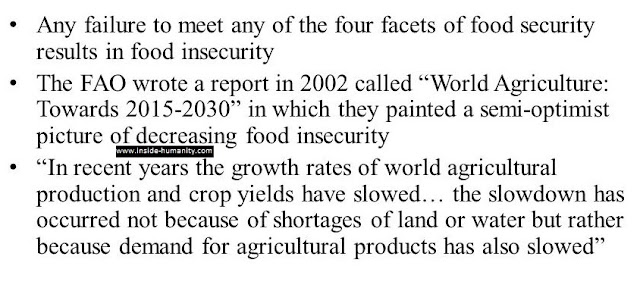
Farmers in Pakistan face numerous challenges, including limited access to credit, which limits their ability to purchase inputs, such as seed and fertilizer, necessary for increased productivity. The lack of credit also makes it difficult for farmers to invest in technology and infrastructure, further reducing their ability to produce sufficient food.
Food security is also impacted by poor storage facilities in Pakistan. With limited access to proper storage, food is often lost to spoilage, reducing the amount of food available for consumption. This leads to higher food prices and limited access to food for those who cannot afford it.
Lack of Food Safety Regulations
In Pakistan, the lack of food safety regulations and enforcement mechanisms contributes to food contamination and the spread of foodborne illnesses. This affects the nutritional quality of food, leading to malnutrition and decreased food security.
The private sector can play a significant role in addressing food insecurity in Pakistan. By investing in agriculture, the private sector can increase productivity and food production, reducing the number of people who suffer from hunger and malnutrition. Additionally, private sector investments in technology and infrastructure can improve food storage facilities and food safety regulations, further enhancing food security.
Multi-disciplinary Approach
Addressing food insecurity in Pakistan requires a multi-disciplinary approach that involves the government, private sector, and civil society. This approach should address the root causes of the problem, including poverty, water scarcity, and limited access to credit, and provide sustainable solutions.
Investment in agriculture is critical to addressing food insecurity in Pakistan. The government and private sector should work together to increase agricultural productivity, improve access to credit, and provide support to farmers in the form of technology and infrastructure.
conclusion
Food security is essential for human well-being and sustainable development. In Pakistan, food insecurity is a result of poverty, water scarcity, limited access to credit, and the lack of food safety regulations. Addressing food insecurity requires a multi-disciplinary approach that involves the government, private sector, and civil society, and addresses the root causes of the problem. By working together, it is possible to ensure that all individuals in Pakistan have access to sufficient, safe, and nutritious food.

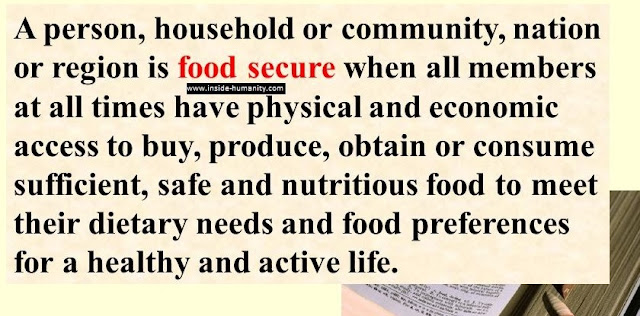
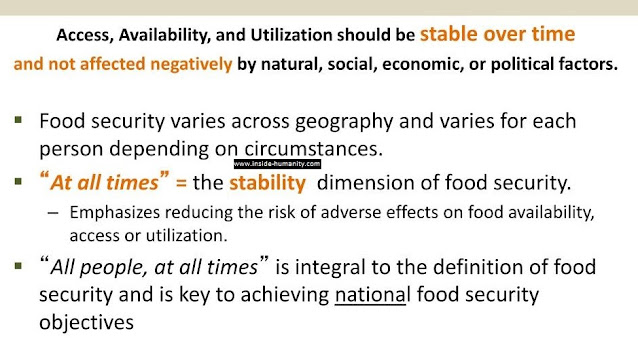
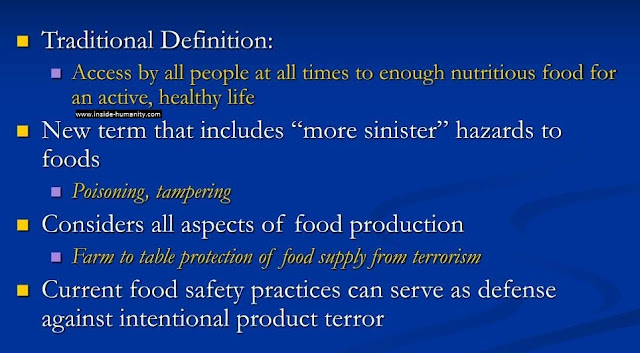
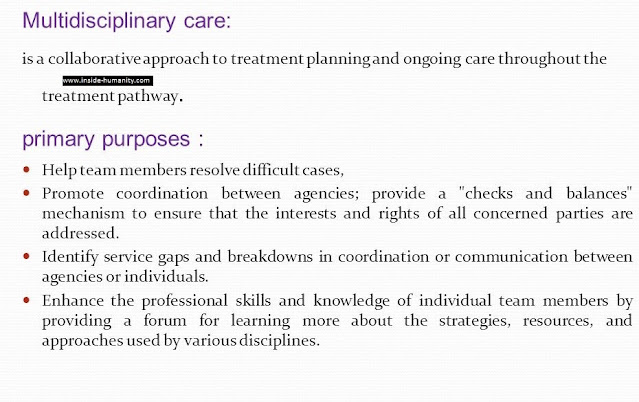


0 Comments
Thank you. We'll reply you shortly.